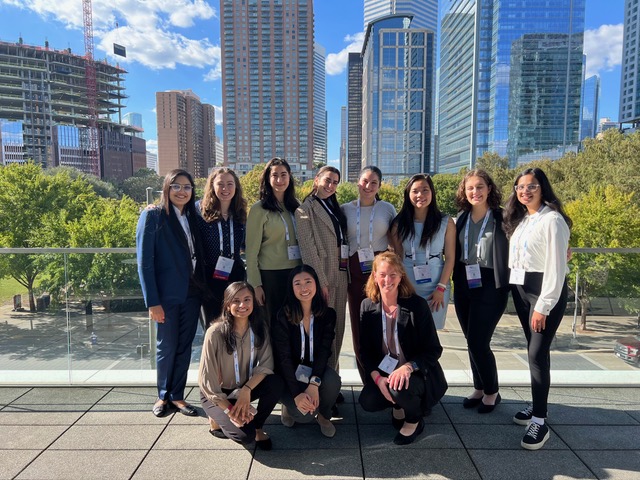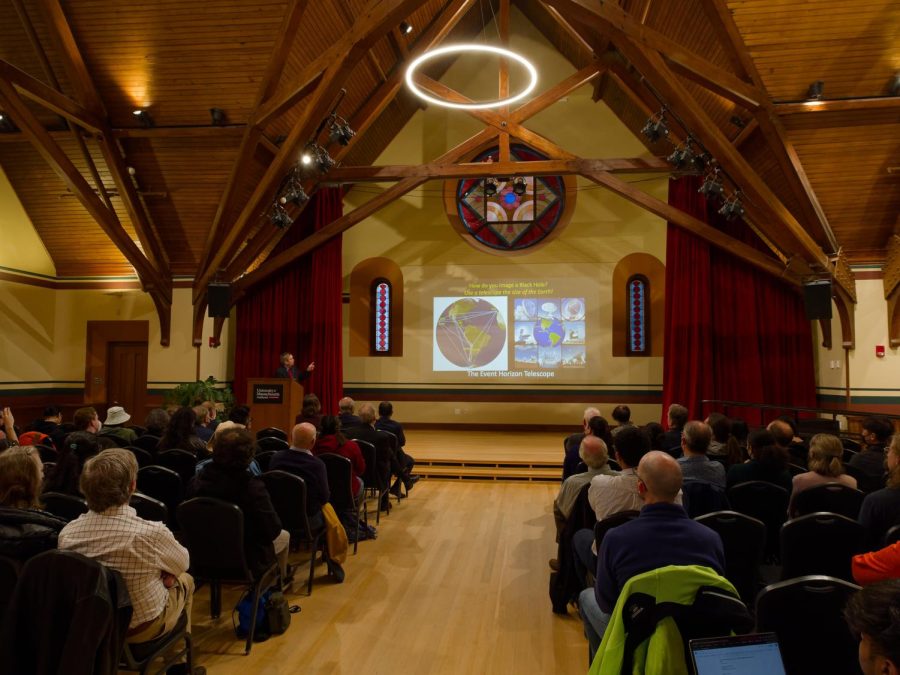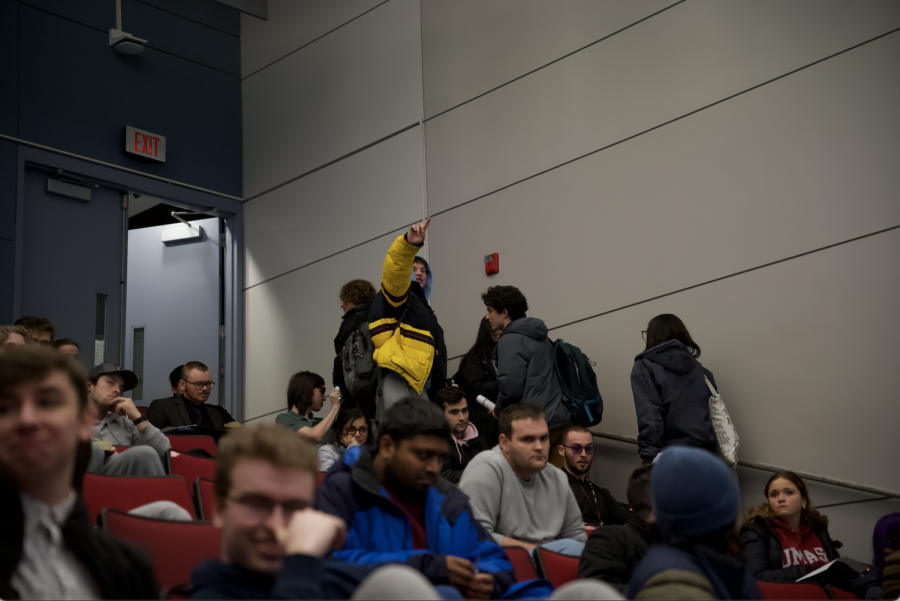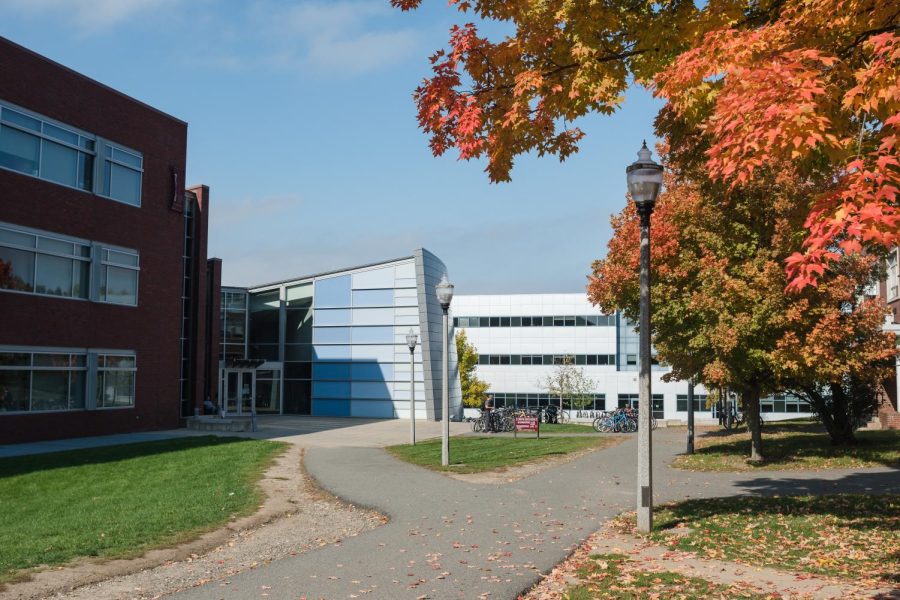This week, the University of Massachusetts hosted a conference for the nation’s crowning green bioenergy researchers and professionals to discuss developments within the field of bioelectric microbiology and its interrelated studies.
Titled the North American BioElectric Systems Meeting (NABESM), the conference is the first of this group’s national conferences and was held from Oct. 11-13.
The three-day conference was held in the UMass campus center, and, according to a University release, it drew in approximately 40 leading scientists looking to gain a fuller understanding of the various “new technologies and discoveries that allow scientists to electrically connect with bacteria.”
“I think it’s been really good to get a nice broad range of speakers from different locations and having them all look at different aspects of microbe and electrode interactions,” said keynote speaker and UMass microbiology professor Derek Lovley.
According to the release, the conference discussed numerous topics including how to harvest electricity from bacteria, use electricity-producing bacteria in industry and how bacteria feed on solar-generated electricity and convert the greenhouse gas carbon dioxide into gasoline and other fuels.
Lovley explained one of the primary focuses of his lecture and of the examination of microbe and electrode interactions is to stress their potential to create a new kind of bioenergy. This energy would harness solar power to feed electricity to microorganisms to produce fuel from carbon dioxide.
He used the example of converting plants to make ethanol, citing what Lovley and others in the scientific world call “microbial electrosynthesis,” could have the possibility of being “much more efficient without the need for farming [that exists with plants], especially since solar technology is so much better than harvesting sun energy on earth than plants.”
Microbial electrosynthesis is a rather new idea in the microbiologically-focused scientific community.
According a statement released by Elena Sharnoff, director of communications of Dean of the College of Natural Sciences, professor Steve Goodwin’s said “the understanding that bacteria could be used to generate electricity, or that bacteria could use electricity to generate new compounds and fuel are two of the most exciting discoveries in microbiology in the past 20 years. I expect we’ll be seeing some practical applications of these ground-breaking discoveries in the very near future.”
In another University release put out earlier this year, Lovley described his microbial electrosynthesis experiments as being possibly “the most exciting and significant development in alternative fuels in years.”
According to the release, Lovley’s microbial electrosynthesis provides a solution to the storage issue involved in the use of solar panels to produce electricity. Lovley’s system “immediately turns solar power directly into chemicals, which are then readily stored with existing infrastructure and distributed on demand.”
The release continued to add, “[microbial electrosynthesis] requires no biomass feedstock or arable land, uses far less water and requires no elaborate post-production fermentation … The microbial cells and electrode food sources don’t get used up, so they are more than 90 percent efficient at turning electrons into fuel without further processing.”
“This is a specialized topic,” said Lovley. “And there really hasn’t been a good venue or forum for people to necessarily get together in an easily communicable way. When people usually present their ideas in national conferences with much broader audiences, [the presentations] get kind of deluded out.”
“Because there are so many other things going on,” said Lovley of national conventions on microbiology, “it’s hard for the few people working in the field to necessarily find each other.”
Lovley’s colleague Ashley Franks, a research assistant professor at UMass concentrating on microbial fuel cells and biology, coordinated the conference.
According to Lovley, Franks’ idea was to give “young investigators an opportunity to meet and have plenty of time to discuss different ideas.” Franks could not be reached for comment by press time.
Dr. John Regan of Pennsylvania State University was also one of the three keynote speakers. His research, according to the NABESM’s website, focuses on “biological processes with an emphasis on nutrient removal, regrowth in drinking water distribution systems, fermentative biological hydrogren production, microbial fuel cells, methanogenic systems and molecular microbial ecology.”
The final keynote speaker was Dr. Leonard Tender of the United States Naval Research Laboratory. According to the website, Tender’s research focuses on “marine sediment microbial fuel cell systems and their deployment.”
A myriad of other speakers made presentations and demonstrations throughout the conference.
“It’s really nice to have a facility like this at UMass so that we can have these kind of meetings,” said Lovley.
According to a University release, Lovley is also the leader of the Geobacter project, “research focused on the physiology and ecology of new anaerobic microorganisms.”
Alyssa Creamer can be reached at [email protected].






